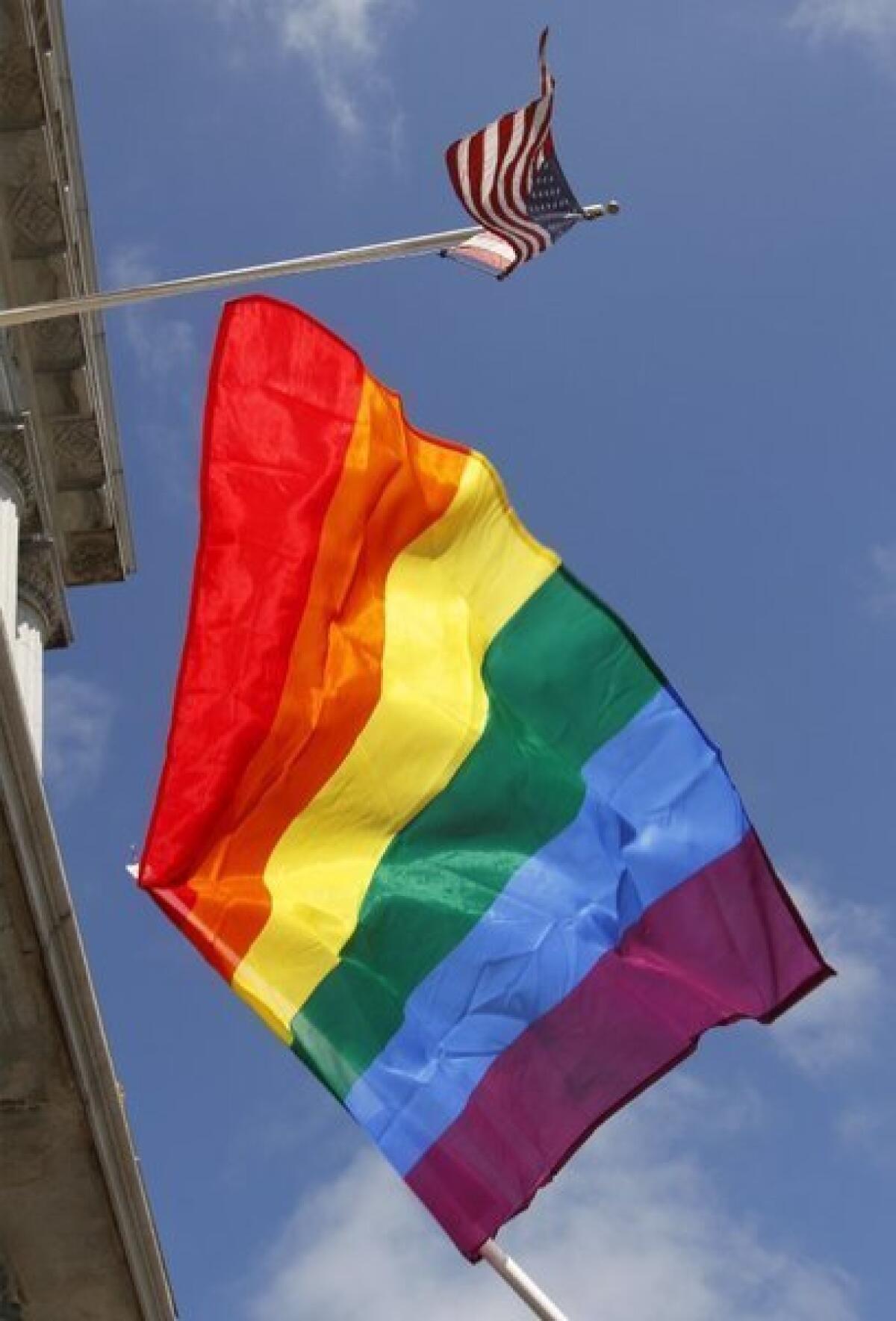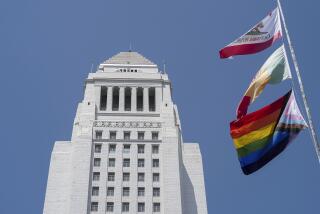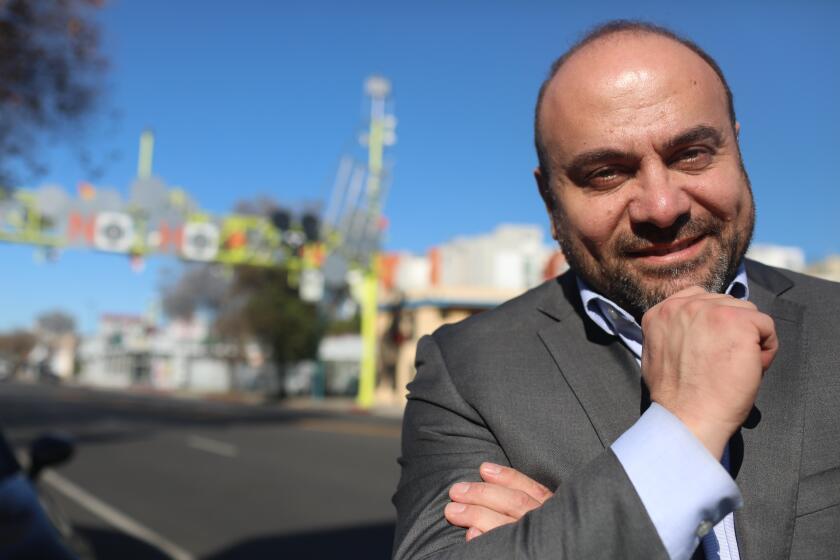A divide on ‘conversion therapy’ law

So-called conversion therapy to change a patient’s sexual orientation is a practice frowned on by mainstream psychiatry and deeply offensive to gays and lesbians, who rightly see it as a relic of a time when homosexuality was regarded as a mental illness. Its most vociferous defenders are religious conservatives. We think it’s a terrible idea.
Nevertheless, we opposed state legislation outlawing the use of conversion therapy designed to change the sexual orientation of minors. It doesn’t make sense for legislators to ban specific procedures performed by licensed professionals in the absence of persuasive scientific evidence that they caused harm to patients.
The Legislature passed the ban on “sexual orientation change efforts” this summer, and Gov. Jerry Brown signed it into law. Now two federal judges in Sacramento, ruling in two separate challenges to the law, have rendered conflicting decisions about whether it should take effect.
The question at this point isn’t whether the law was a wise use of the state’s power to regulate the practice of psychology but whether it is likely to violate the Constitution.
On that issue, we side with U.S. District Judge Kimberly J. Mueller, who ruled that the law should go into effect. The conclusion reached by her colleague, Judge William B. Shubb, involves a misinterpretation of the 1st Amendment that could make it difficult for the Legislature and professional licensing boards to regulate not only conversion therapy but other potentially harmful practices.
The judges differed on a crucial question: Does the law regulate speech or conduct? Under Supreme Court precedents, laws regulating speech are subject to “strict scrutiny” by the courts and can be upheld only if they serve a compelling government interest and are narrowly tailored to achieve that interest. Laws regulating conduct receive greater deference from the courts.
Shubb ruled that practitioners of conversion therapy are engaging in speech because such therapy is “integrally intertwined with viewpoints, messages and expression about homosexuality.” He noted that one of the plaintiffs was a Roman Catholic psychiatrist whose conversations with his Catholic patients touch on church beliefs, including the idea that “homosexuality is not a natural variant of human sexuality.” In forbidding the psychiatrist from engaging in conversion therapy, Shubb ruled, the law subjected him to content and viewpoint discrimination.
Under some circumstances, a law may restrict speech in a discriminatory manner. But to do so in this case, Shubb wrote, the state would have had to prove that conversion therapy posed an “actual problem”
that required the curtailment of speech — a burden Shubb said the state failed to meet. He noted that a report cited in the law as proof of the harm of conversion therapy actually acknowledged that “there is a dearth of scientifically sound research” on that question.
We support vigilance by the courts when it comes to laws that abridge free speech. But the fallacy in Shubb’s opinion is to treat the law as an interference with free speech rather than a regulation of conduct.
In her opinion, Mueller persuasively took the opposite view, and she noted that the state conceded that nothing in the law prevented a therapist from advocating conversion therapy or even recommending that a patient pursue it with an out-of-state practitioner. It merely barred therapists from performing the treatment on a patient.
The difference between the two judges’ approaches has implications beyond the issue of conversion therapy. Suppose a licensed physician with a profound belief in divine providence “treated” an ill patient by praying over her rather than dispensing antibiotics. Does the 1st Amendment protect such treatment, even if the patient could die as a result? Does the Constitution stand in the way of the doctor being disciplined?
The conversion therapy law doesn’t muzzle opinion; it controls conduct. That is what the U.S. 9th Circuit Court of Appeals should decide when it is called on to reconcile the decisions of the two judges in Sacramento.
More to Read
A cure for the common opinion
Get thought-provoking perspectives with our weekly newsletter.
You may occasionally receive promotional content from the Los Angeles Times.










